Greece, December 7, 2023
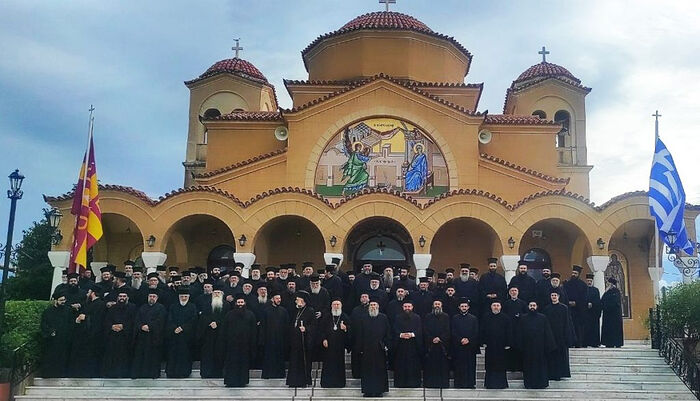 Photo: orthodoxianewsagency.gr
Photo: orthodoxianewsagency.gr
Greece’s New Democracy government is finalizing a bill that aims to legalize same-sex marriage and regulate the recognition of same-sex marriages that took place abroad.
The bill, likely to come up early next year, follows on the legalization of gay civil unions  Greek Parliament legalizes same-sex civil partnershipsGreece’s parliament has overwhelmingly approved legislation legalizing civil partnerships for gay couples, two years after the country was condemned by a European human rights court for discrimination.
Greek Parliament legalizes same-sex civil partnershipsGreece’s parliament has overwhelmingly approved legislation legalizing civil partnerships for gay couples, two years after the country was condemned by a European human rights court for discrimination.
“>in 2015.
Amidst the intense debate surrounding the draft law, hierarchs of the Greek Orthodox Church have been speaking out, proclaiming the Church’s unchanging Tradition about marriage.
Among the first reactions was that of Metropolitan Hierotheos (Vlachos) of Nafpaktos, with his article, “The Two Sexes and ‘Sexual Orientations.’” “In addition to the theological approach to the issue, the hierarch also documented the responsible position that the state should take, as its task is not to legislate the arbitrary choices of everyone,” the Orthodoxia News Agency summarizes.
Met. Hierotheos writes:
The laws that are established should not simply satisfy the arbitrary choices of each individual, but should contribute pedagogically to the development and upgrading of both the social whole and each individual. It is understood, of course, that the state must enact laws with respect for the particularity of the tradition of our country.
Metropolitans Chrysostomos of Messinia and Chrysostomos of Patras both spoke about the issue during the celebration of the feast of St. Andrew the Apostle in Patras last month, in fact in front of a government representative, Deputy Minister of Infrastructure and Transport, Christos Staikouras.
The Metropolitan of Messinia spoke about the false idols of our time, including a new form of “relational false idol,” which will have devastating consequences that haven’t yet been realized. The Metropolitan of Patras spoke of “new and foreign customs,” emphasizing that “we are completely opposed to ‘cohabitation’ or the ‘marriage’ of persons contrary to God’s law and human ethics.”
Opposition to gay marriage has also been voiced recently by Metropolitan Ignatios of Demetrias. He also referred to the related issue of adoption by gay couples, saying it “devalues a woman as a mere tool for childbearing, deprived of her magnificent maternal role.”
Gathered in a clerical conference recently, the clergy of the Metropolis of Chalkida unanimously expressed the need to morally and materially support the sacred institution of the family, referring also to the sad increase in divorce and domestic violence.
The Holy Synod of the Bulgarian Orthodox Church  Bulgarian Synod responds to European Court’s order to legally protect gay couplesThe Bulgarian government must request a review of the European Court of Human Rights’ decision from September 5 obliging the state to create a legal framework to afford legal recognition and protection to gay couples, says the Holy Synod of the Bulgarian Orthodox Church.
Bulgarian Synod responds to European Court’s order to legally protect gay couplesThe Bulgarian government must request a review of the European Court of Human Rights’ decision from September 5 obliging the state to create a legal framework to afford legal recognition and protection to gay couples, says the Holy Synod of the Bulgarian Orthodox Church.
“>issued a statement last month rejecting the European Court of Human Rights’ attempt to impose gay marriage on the country. And in Russia, the  LGBT movement banned in Russia, recognized as extremistThe Supreme Court of Russia declared the international LGBT movement to be extremist yesterday, banning its activities within the country.”>LGBT movement was banned as an extremist movement.
LGBT movement banned in Russia, recognized as extremistThe Supreme Court of Russia declared the international LGBT movement to be extremist yesterday, banning its activities within the country.”>LGBT movement was banned as an extremist movement.
Follow OrthoChristian on Twitter, Vkontakte, Telegram, WhatsApp, MeWe, and Gab!

 Sumy Diocese of Ukrainian Church raises $40,000 for children with cancerThe funds, $40,597 (1,074,878 hryvnia) to be used to purchase necessary medicines for the treatment of sick children, were collected throughout Great Lent. Donations are collected at churches, charity concerts, fairs, and by individuals and organizations.
Sumy Diocese of Ukrainian Church raises $40,000 for children with cancerThe funds, $40,597 (1,074,878 hryvnia) to be used to purchase necessary medicines for the treatment of sick children, were collected throughout Great Lent. Donations are collected at churches, charity concerts, fairs, and by individuals and organizations.
 Romanian Elder Arsenie (Boca) proposed for canonizationElder Arsenie, who reposed in 1989, was one of the great Romanian spiritual fathers of Communist times, and is revered today as a saint. Thousands go on pilgrimage annually to his grave at Prislop Moanstery in Silvașu de Sus, and images of him are seen as a blessing.
Romanian Elder Arsenie (Boca) proposed for canonizationElder Arsenie, who reposed in 1989, was one of the great Romanian spiritual fathers of Communist times, and is revered today as a saint. Thousands go on pilgrimage annually to his grave at Prislop Moanstery in Silvașu de Sus, and images of him are seen as a blessing.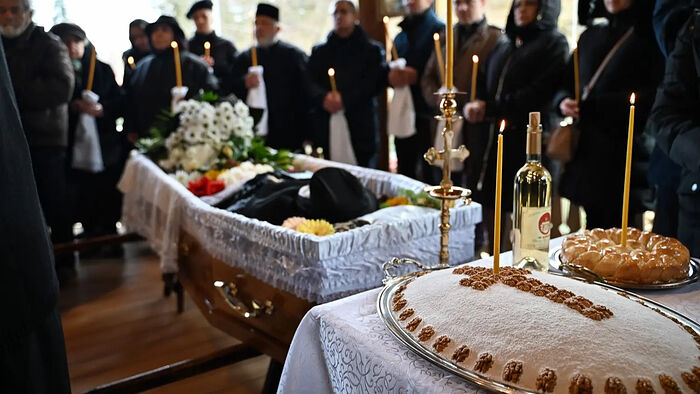
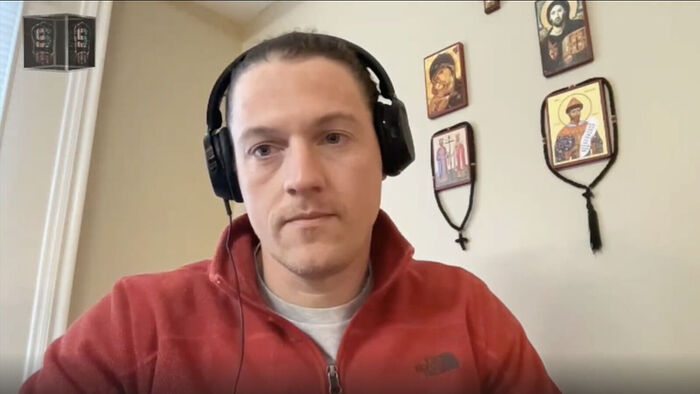
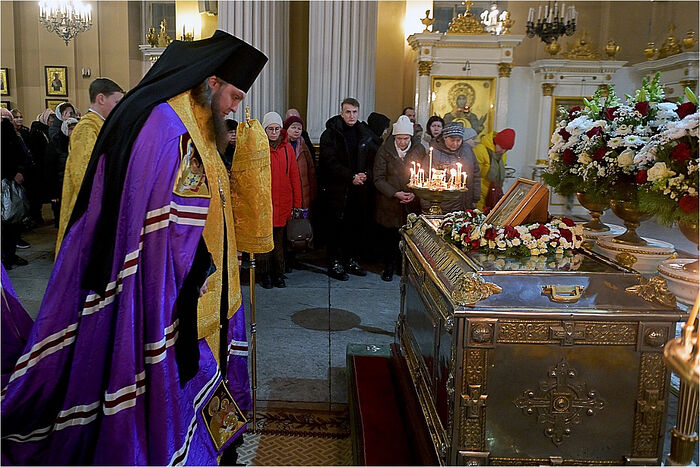
 Let Us Fast in EarnestThus, let us begin on these fasting days to give ourselves to an intent study of fasting and prayer; and let us, at the same time, begin to fast and pray indeed.
Let Us Fast in EarnestThus, let us begin on these fasting days to give ourselves to an intent study of fasting and prayer; and let us, at the same time, begin to fast and pray indeed. The Meaning and Significance of FastingFasting is a necessary means for success in the spiritual life and for attaining salvation; for fasting—depriving the flesh of excessive food and drink—weakens the force of sensual drives.”>Part 1/2: The Meaning and Significance of Fasting
The Meaning and Significance of FastingFasting is a necessary means for success in the spiritual life and for attaining salvation; for fasting—depriving the flesh of excessive food and drink—weakens the force of sensual drives.”>Part 1/2: The Meaning and Significance of Fasting Accustoming Ourselves to FastingTo make our disposition towards fasting firm, we have to accustom ourselves to fasting slowly, carefully, not all at once, but gradually—little by little.”>Part 1/3: Accustoming Ourselves to Fasting
Accustoming Ourselves to FastingTo make our disposition towards fasting firm, we have to accustom ourselves to fasting slowly, carefully, not all at once, but gradually—little by little.”>Part 1/3: Accustoming Ourselves to Fasting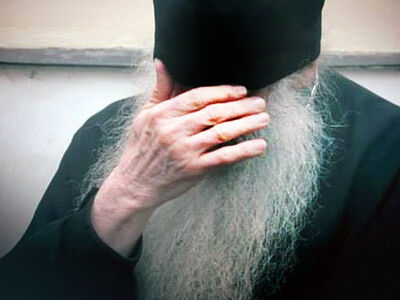 Spiritual FastingLet the mind fast, not permitting empty and bad thoughts; let the heart fast, refraining from sinful feelings; let our will fast, directing all our desires and intentions to the one thing needful…”>Part 1/4: Spiritual Fasting
Spiritual FastingLet the mind fast, not permitting empty and bad thoughts; let the heart fast, refraining from sinful feelings; let our will fast, directing all our desires and intentions to the one thing needful…”>Part 1/4: Spiritual Fasting 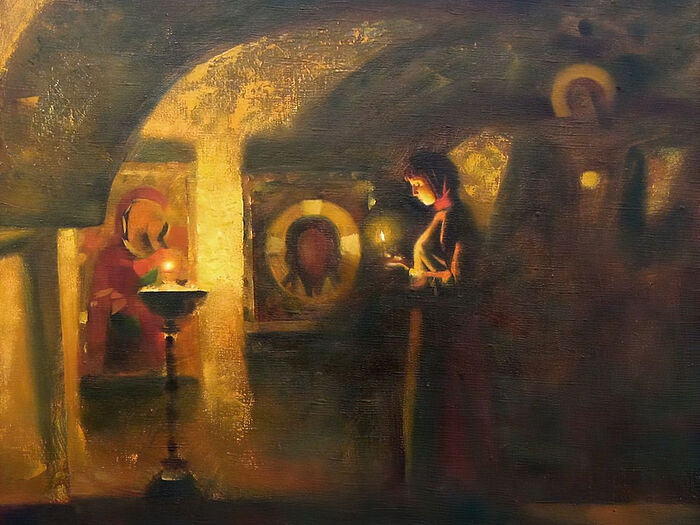
 On PrayerWhat should someone do who doesn’t know any prayers, but desires to pray, to save his soul?
On PrayerWhat should someone do who doesn’t know any prayers, but desires to pray, to save his soul?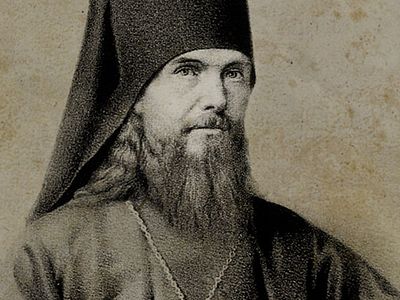 Theophan the Recluse
Theophan the Recluse